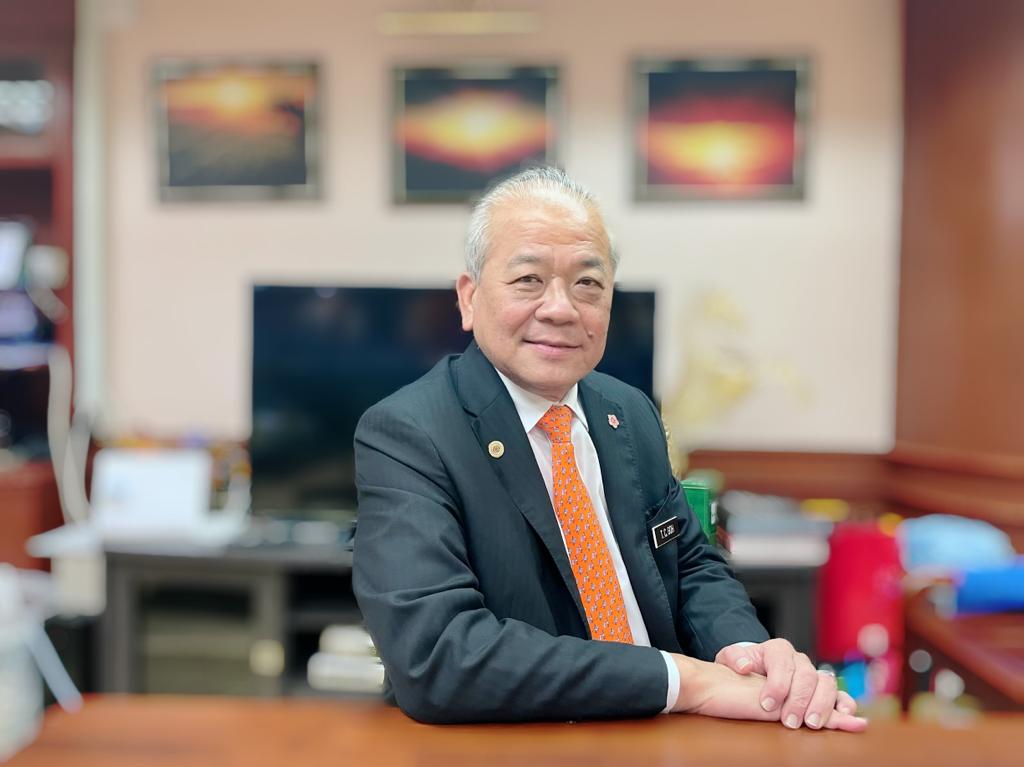KOTA KINABALU: The Federation of Chinese Associations Sabah (FCAS) expresses bewilderment that, despite the creation of new ministries and portfolios in the latest cabinet reshuffle, the number of ministers and deputies from Sabah has decreased.
Its President Tan Sri T.C Goh contended that, compared to the neighboring Bornean state of Sarawak, there should be more policymakers from Sabah appointed to the new cabinet lineup instead of having their number reduced.
He pointed out that, prior to the cabinet reshuffle, Sabah used to have two ministers and six deputies, but following the reshuffle, the number of deputy ministers has been reduced to five.
In the case of Sarawak, it not only retained the deputy prime minister post but also maintained the previous number of ministers and deputies in the federal cabinet.
Goh, who is also a member of the Sabah Economic Advisory Council (SEAC), welcomed the appointment of Datuk Seri Fadillah Yusof, the first deputy prime minister from Borneo, to helm the Ministry of Energy Transition and Public Utilities, a new ministry split from the Ministry of Natural Resources, Environment and Climate Change (NRECC).
Fadillah is also in charge of Sabah and Sarawak Affairs. Goh also welcomed the appointment of the Minister in the Prime Minister’s Department Datuk Armizan Mohd Ali, who previously held the portfolio of Sabah, Sarawak Affairs, and Special Functions, as the Minister of Domestic Trade and Cost of Living.
He described it as fitting, citing that Armizan was the Acting Minister of Domestic Trade and Cost of Living following the death of its incumbent Datuk Seri Salahuddin Ayub last July.
“We hope that besides paying attention to rising prices of goods in the country, he (Armizan) could also strive to help address the spiraling cost of living in Sabah,” said Goh.
In a statement issued today, Goh, who is also President of The Federation of Chinese Associations Malaysia (Huazong), congratulated all the policymakers from Sabah who have been appointed to the new cabinet lineup, including the sole Chinese policymaker (from DAP), Datuk Chan Foong Hin, who is also Member of Parliament for Kota Kinabalu.
Chan, who previously held the portfolio of the deputy minister of Agriculture and food Security, was appointed deputy minister of Plantation and Commodities.
Goh was convinced that Chan with his vast experience and courage, would be able to contribute significantly to help boost Sabah’s plantation sector, its oil palm production, and export, especially.
Goh nonetheless opined that with the creation of three new ministries, thus increasing the number of ministries from 28 previously to 31, and the number of ministers and deputies from 55 to 60 (altogether 10 new faces i.e., 5 ministers and 5 deputies), Sabah, which has a good number of qualified candidates, should have more policymakers appointed in the new lineup, instead of having their number reduced.
Deasoka




